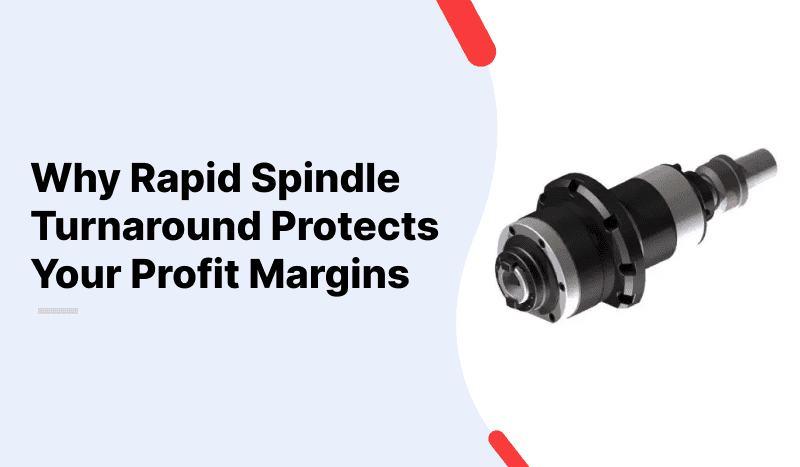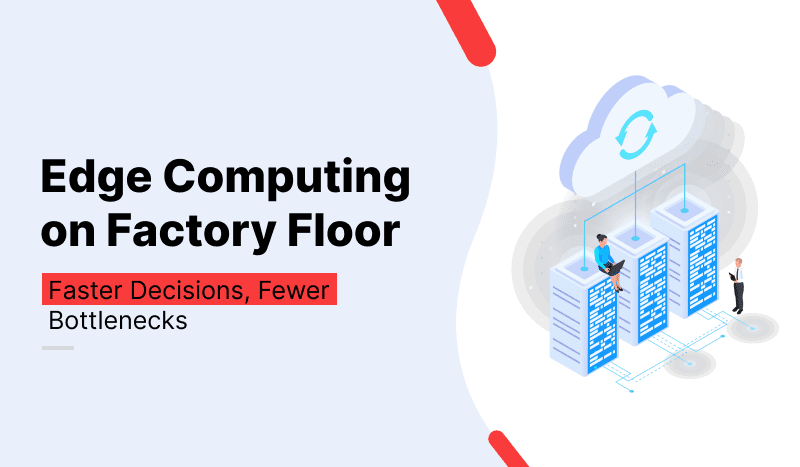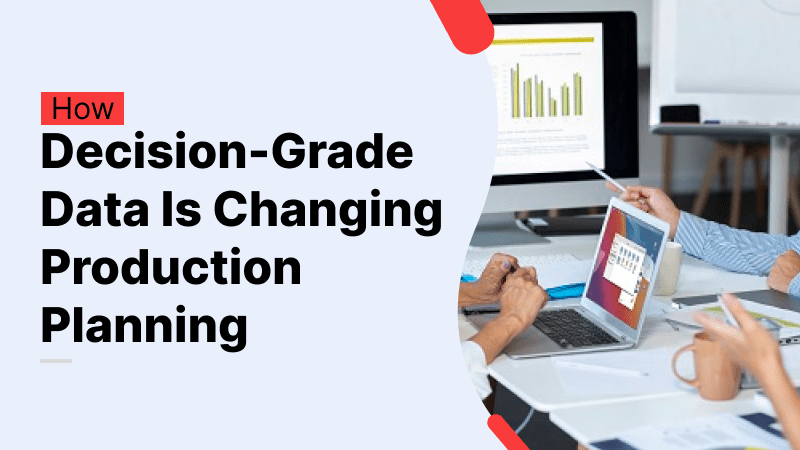Are you starting a new business? Do you plan on becoming a wholesaler or retailer? These are common questions that arise whenever someone intends to create a new business. To help such people, we’ll go through the difference between wholesaler and retailer and make sure you are confident while making your decision.
Wholesale vs Retail: Which Model Best Fits You?
If you have a good product, your goal should be to find the best way to market it to the right audience. Or, if you are selling it already in small quantities, you should prepare to expand your operations.
There are two ways to sell your product. You can sell as a retailer or as a wholesaler. Each path has its exclusive perks and pitfalls. While choosing the most appropriate model for your business, you need to keep the following things in mind:
- The brand identity of your products or your business.
- Your personality and strengths as an entrepreneur
- How to reach your target audience in the best way.
The choice between wholesale and retail is a significant decision you need to make. However, once you are done reading our article, you’ll be able to understand the difference between wholesalers and retailers. This will help you take the final call.
Key Difference Between Wholesaler and Retailers
What is Retail?
If you are running a retail business, that means you are selling your products or services directly to the end-user for a profit. The retailer can be a product manufacturer or buy products from a distributor or wholesaler. The price they will sell at will always be higher than that of a wholesaler as the markup is set.
What is Wholesale?
A wholesaler is a company or a person who sells products to retailers or outlets in bulk quantities for further trading. Wholesalers can sell either directly or through an agent. Wholesale businesses sell products at a lower price than retailers as they’re selling in bulk. Selling in bulk reduces the average cost and handling time.
Why Should You Become a Retailer?
Are you someone who loves having a hands-on relationship with your customers? If that’s the case, you should set up a retail business. Global retail sales are projected to amount to around 27.34 trillion U.S. dollars in 2022. You can be a part of this massive figure this year by having your retail business up and running.
However, there are many things that you need to be careful about. To be precise, you’ll have to be responsive to customers’ changing wants, needs, and demands.
1. Control Over Brand Identity
By having control of your brand, you can ensure that your identity is safe in your hands. You have complete control over how your product is perceived, what products you want to sell, how your products are displayed, and the retail price you set. In addition, you are responsible for marketing your product. Therefore, you control how the world will see your product.
2. Your Choice of Consumer Base
You are free to target any audience you feel is suitable for your product. Your choice will play a significant role in determining your future. Your job will be to choose the proper marketing channels to reach your target audience. Also, you have to choose the best type of store that is suitable for your needs. You can invest in setting up an online store, a brick-and-mortar store, or both.
One thing that you need to keep an eye on is your sales. If you witness your numbers falling or not reflecting enough for-profits, make changes as soon as possible. You can always change how you sell your products to your customers and turn the tables in your favor. If setting up a store on Amazon or eBay seems like the right decision, shut down your brick-and-mortar store, reduce your expenses, and start selling on these online marketplaces. When you are a retailer, anything goes as long as your products reach the end-user.
3. Build Relationships
Since you deal directly with the end-users, you can know your customer base in great detail. By understanding a sense of their habits and preferences, you can respond by making any required changes on the go.
Also, reporting can help you understand which products are worth working on and which ones you need to let go of. This also helps you order the correct quantity and never worry about your stocks piling up.
Since you know your customers, you can also closely monitor their last transaction. For example, if one of your loyal customers hasn’t bought from you for the past four months, you can target them with an exclusive offer. A personalized email or call can convince them to come back and buy from you again. By being familiar with your customer’s buying habits, you can work on offering personalized services and offers. Such a strategy will help you get noticed and appreciated.
4. Profits and Prices
While operating as a retail business, you have the freedom to choose the price of the product and the margin of profit you expect. Whatever you earn will stay with you and won’t be shared with the manufacturers or distributors.
If you plan on selling through eBay or Amazon, you need to keep an eye on your margins, considering the cost of selling on these marketplaces. Also, consider other vital costs like taxes, insurance, and shipping. Once you are at the top of all these factors, you’ll be able to set the right price to ensure your profits are growing.
Why Should You Become a Wholesaler?
Wholesalers have the opportunity to reach a large consumer base. The chances of rapid growth are greater as you connect with other businesses and sell to a larger audience. This can attract many retailers to buy from you as your product would have a solid audience showing interest. The global wholesale market is expected to grow by 7% by 2025. That means you can be a part of this growing market by setting up a wholesale store.
1. Brand Exposure
Wholesalers have a great opportunity to build awareness for both their brand and products. As you’ll be dealing with several stores, your products will be available to a larger audience. No matter if your client is an online store or a store with bricks and mortar, you’ll be able to build relationships with customers through different channels.
2. International Recognition
Wholesalers can quickly expand their business across borders by dealing with global buyers. Either you sell to a business that operates overseas, or you sell to a company that has international customers. Your business is getting global recognition in both conditions.
Such a move can help you set up your warehouse or an office in another country to attract more foreign clients. With an offshore office, your business will seem more credible, and you will have a better influence on potential prospects.
3. Drop-Shipping
Thanks to technology and the internet, wholesalers can now sell products in bulk without owning any inventory. This method of selling is called drop-shipping. Or, you can be the one who owns the warehouse and has the stock, but the order you receive is from a retailer or merchant. Your job is to simply dispatch the order on someone else’s behalf to the address stated. As a drop-shipper, you’ll have inventory ownership, but it adds complexity to your supply chain.
Can You Operate as a B2B and B2C?
This is one of the most frequently asked questions on the internet, and the answer is “YES“. If you have a WordPress website, all you need to do is set up an e-commerce store with the help of the WooCommerce plugin. Once your online store is ready, a powerful wholesale solution like Wholesale for WooCommerce is what will transform your WP site into a hybrid B2C+B2B platform. This will allow you to deal with businesses that wish to buy in bulk and with end-users who simply want to consume your products.
An online store in which you can deal with both B2B and B2C clients allows you to enhance your reach to an exceptional level. Also, you can benefit from the perks of both selling models and grow as a robust business.
Wholesale vs Retail: The Verdict
Now that you know the difference between wholesalers and retailers, you can choose which model best suits your business. On the other hand, if you think your product is ideal for both types of customers, you can always choose the hybrid B2C+B2B method with the help of a B2B Plugin for WooCommerce. Is there anything that you’d like to add? Share your thoughts in the comment section below.


